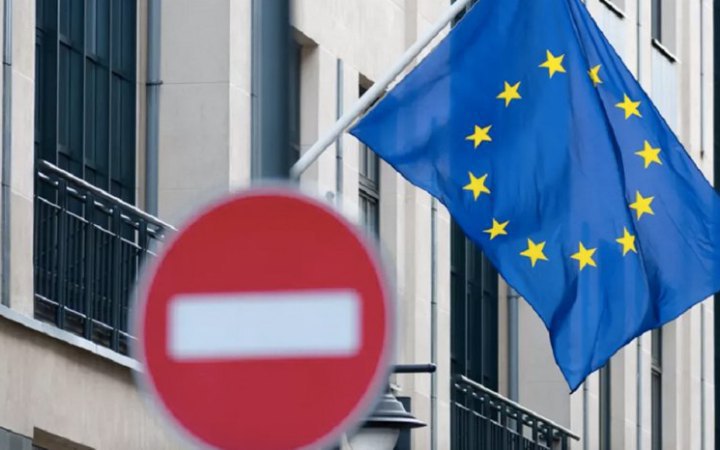On 8 October, the Council of the European Union set new sanctions limits in response to Russia's destabilising actions abroad.
According to the EU Council's website, this will allow for the prosecution of individuals and organisations linked to Russia that undermine the core values of the European Union and its member states, their security, independence and integrity, as well as the values of international organisations and third countries.
‘The EU will now be able to counter various hybrid threats, such as the undermining of electoral processes and the functioning of democratic institutions; threats and sabotage of economic activity, services of public interest or critical infrastructure; the use of coordinated disinformation, information manipulation and interference; malicious cyber activities, the use of migrants as a tool of influence and other destabilising actions,’ the Council said on its website.
The new sanctions regime is part of the EU's response to Russia's hybrid campaign, which has recently intensified with new operations on European territory.
The restrictions that will apply to the sanctioned persons include asset freezes, a ban on receiving funds from EU citizens and companies, travel restrictions or transit through the EU, etc.








